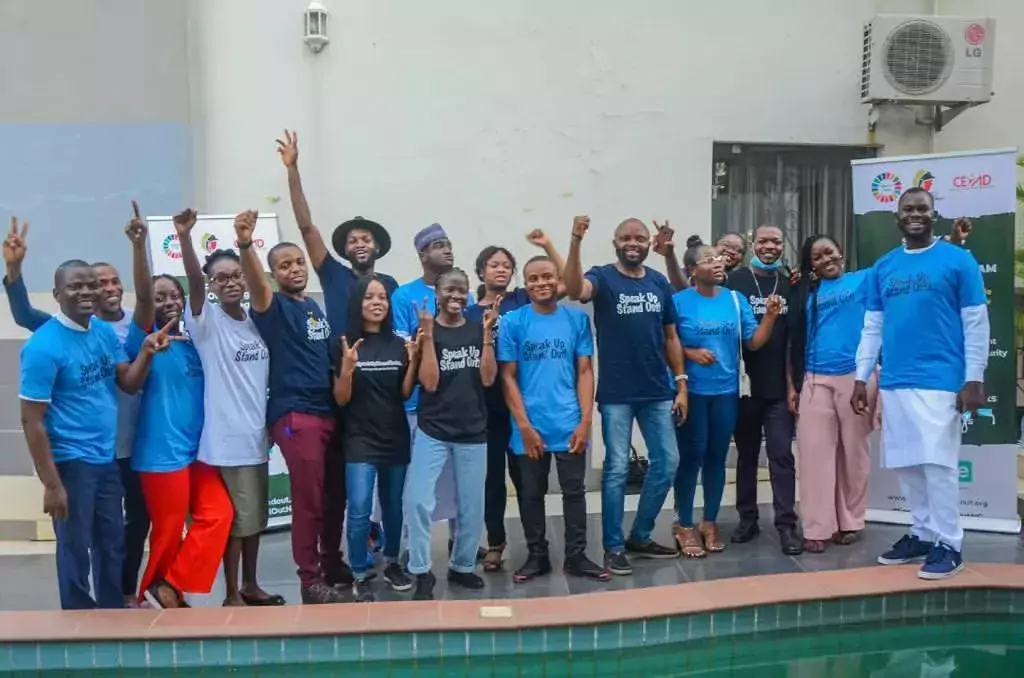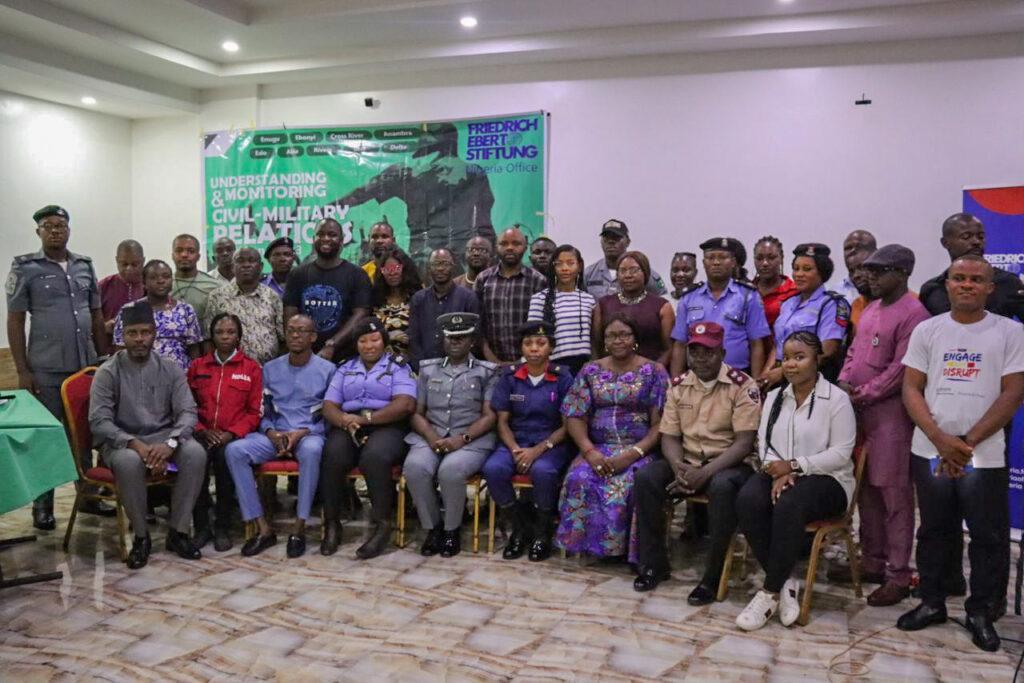Table of Contents
Are you wondering what soft skills are most important to succeed in the Nigerian market and economy?
In today’s business landscape, valuable skills are the most crucial assets that can set you apart from the competition and enable you to achieve your goals. In this article, we will discuss the top 7 soft skills to learn in Nigeria and how they can benefit you in your personal and professional life.
Decision making
Making decisions is a critical skill that involves understanding the present situation, identifying potential challenges and opportunities, evaluating various options, and choosing the best course of action.
In Nigeria’s fast-paced business environment, decision-making skills are highly valued, and those who can make sound decisions quickly and efficiently are more likely to succeed.
Teamwork
Most tasks in the Nigerian workplace are carried out in groups, so it’s essential to be able to work well with others. Teamwork involves being able to collaborate with diverse individuals, communicate effectively, and share responsibility and accountability for achieving team goals.
By developing your teamwork skills, you’ll be able to build stronger relationships with colleagues, enhance your problem-solving abilities, and achieve more significant results together.
Critical thinking and Focus Mastery
Critical thinking involves analyzing information, evaluating arguments, and making decisions based on logical reasoning. It also involves the ability to concentrate and maintain focus on tasks for extended periods.
By developing these skills, you’ll be able to make better decisions, solve complex problems, and achieve your goals more effectively.
Communication skills
Effective communication is crucial for success in any field, and it involves the ability to convey your ideas clearly and persuasively, listen actively, and build rapport with others.
In Nigeria’s highly competitive business environment, strong communication skills are essential for presenting ideas, negotiating contracts, building relationships with clients, and collaborating with colleagues.
Learning attitude and Growth Mindset
In today’s fast-changing business environment, it’s crucial to be a lifelong learner and have a growth mindset. By having a willingness to learn and adapt to new situations, you’ll be better equipped to handle challenges, overcome obstacles, and seize new opportunities.
With a growth mindset, you’ll also be more open to feedback and constructive criticism, which can help you grow and develop your skills over time.
Storytelling
Storytelling is an essential skill that involves the ability to craft compelling narratives that engage and inspire others.
Whether you’re presenting a business proposal, delivering a speech, or networking with colleagues, storytelling can help you connect with your audience on an emotional level and leave a lasting impression.
Leadership and People Management
Being a leader involves taking risks, overcoming challenges, and inspiring others to achieve their goals. In Nigeria’s business environment, strong leadership skills are highly valued, and those who can motivate and manage people effectively are more likely to succeed.
By developing your leadership and people management skills, you’ll be able to build stronger teams, enhance your communication abilities, and achieve your goals more effectively.
In conclusion, developing soft skills is crucial for success in Nigeria’s competitive business environment.
By focusing on these top 7 soft skills, you’ll be better equipped to make sound decisions, work well with others, solve complex problems, communicate effectively, learn and adapt to new situations, tell compelling stories, and lead and manage people effectively.
By continually developing your soft skills, you’ll be able to achieve your personal and professional goals and stand out from the competition.






